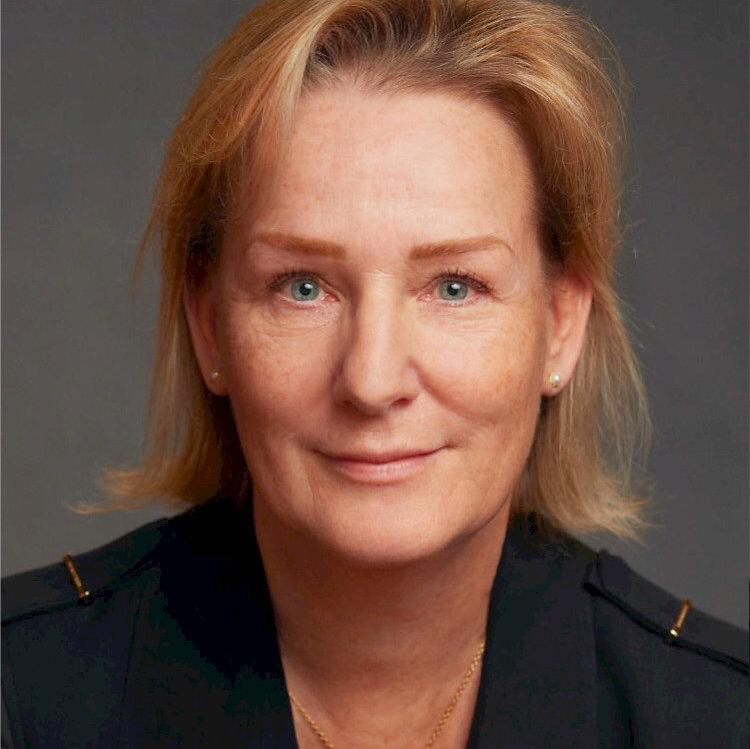Welcome to the second part of our interview with Charlotte Valeur, where we focus on diversity in companies in the Channel Islands. Today – change begins at home.
[If you missed part one of this interview, you can read it here]
Professional services are one area that has seen progress in the Channel Islands thanks to the need for businesses to show clients and customers they have a diverse workforce. And it is a similar story for government and organisations that must account to voters. However, company boards remain one of the last areas where change is slower.
Charlotte Valeur, Director of the Global Governance Group, has worked with numerous boards in the UK, Channel Islands, and in Europe, both as a director and as an advisor.
She said: “Professional services business such as law or accountancy firms can see that lack of diversity hits their bottom line by making it harder for clients to justify using them. Boards will ask service providers about diversity and may not use them if the numbers don’t stack up. Ironically, some of the boards may push values of diversity, without being diverse enough themselves.
“Boards may claim they can’t find the talent but if you don’t dip in the right pool, you won’t get the right profiles. In the Channel Islands we have a limited number of people with the right skills anyway due to small populations, so we need to work harder to shift our leadership from all male, or all white, to a blend. Boards need to be more flexible about where they are looking, and train women to get more at the highest levels.”
Why representation matters
Research by Green Park found just 10 out of 297 (3.4%) FTSE 100 chairmen and women, chief executives and finance chiefs are from an ethnic minority background – the same proportion as in 2015.
 “The conversation about ethnic minorities has started to change. Powerful coalitions such as Black Lives Matter show how people rising at the same time for the same cause can have an impact. Nothing happens automatically but if people push governments for change, they can legislate; if people push businesses for change, either by striking or stopping buying their products, they have to act.”
“The conversation about ethnic minorities has started to change. Powerful coalitions such as Black Lives Matter show how people rising at the same time for the same cause can have an impact. Nothing happens automatically but if people push governments for change, they can legislate; if people push businesses for change, either by striking or stopping buying their products, they have to act.”
Green Park also found there are no black Chairs, CEOs, or CFOs of FTSE 100 companies. Trevor Phillips, former Chair of the UK Commission for Racial Equality attributed this to black people leaving companies because they don’t see any chance of reaching the top.
“People do need to see people who look like them at the top to believe there is a chance they can make it. The Channel Islands have ethnically diverse populations, but you don’t often see people from different ethnicities being lifted to the highest levels. The Islands must reach out to the people they want to work here and treat everyone with equal respect.
“Clearly women should no longer have to be considered a minority, but we are still a minority in the top layers of business and government. What sort of signal does it send to young women in the Islands that there has never been a female Chief Minister? The archaic tax status of married women also puts professional women off. It doesn’t even make sense now you have men and men marrying and women and women marrying – how do you decide who is the ‘man’ and who is the ‘woman’? it is so last century.”
Long-term impact of the Covid-19 pandemic
The Covid-19 pandemic may also have set back progress for gender diversity. Research by Deloitte found the Covid-19 pandemic had negatively impacted the routines of 82% of working women. Of these, 70% believed this would set back their careers.
“Companies need to be aware of women taking on more care responsibilities during the pandemic and men need to step up and share the care for children and elderly relatives equally. It is not for companies or governments to tell families how to divide their care giving, but for women to insist men do 50% and to stop doing more than 50% if they want parity in this area. The Covid-19 pandemic has hit women harder but once your career is set back it had a longer-term impact, you have worse longer-term prospects and lower pensions savings.”
Are we too comfortable for change?
With some of the highest GDP per capita in the world, the Channel Islands are generally regarded as affluent, safe, and beautiful places to live. However, our high standard of living may mean it takes longer to change.
“Jersey is extremely comfortable, so people have no sense of urgency about change, and don’t have a powerful cause to get behind. A higher-than-average number of women here have an incredibly good lifestyle without working. If something is bad, people rise against it. People don’t feel upset enough here to want to make change happen.
“However, if the Islands are going to attract talented individuals from different ethnicities, and keep young women here, we need to show them that any position is open to them. On open road to the top is shown when women are at the top already.
“Leaders need to lead by being more enlightened and understanding the impact they have as role models. 100 years ago, women went to jail to give us the vote. We need to honour this legacy and speak up.”

















